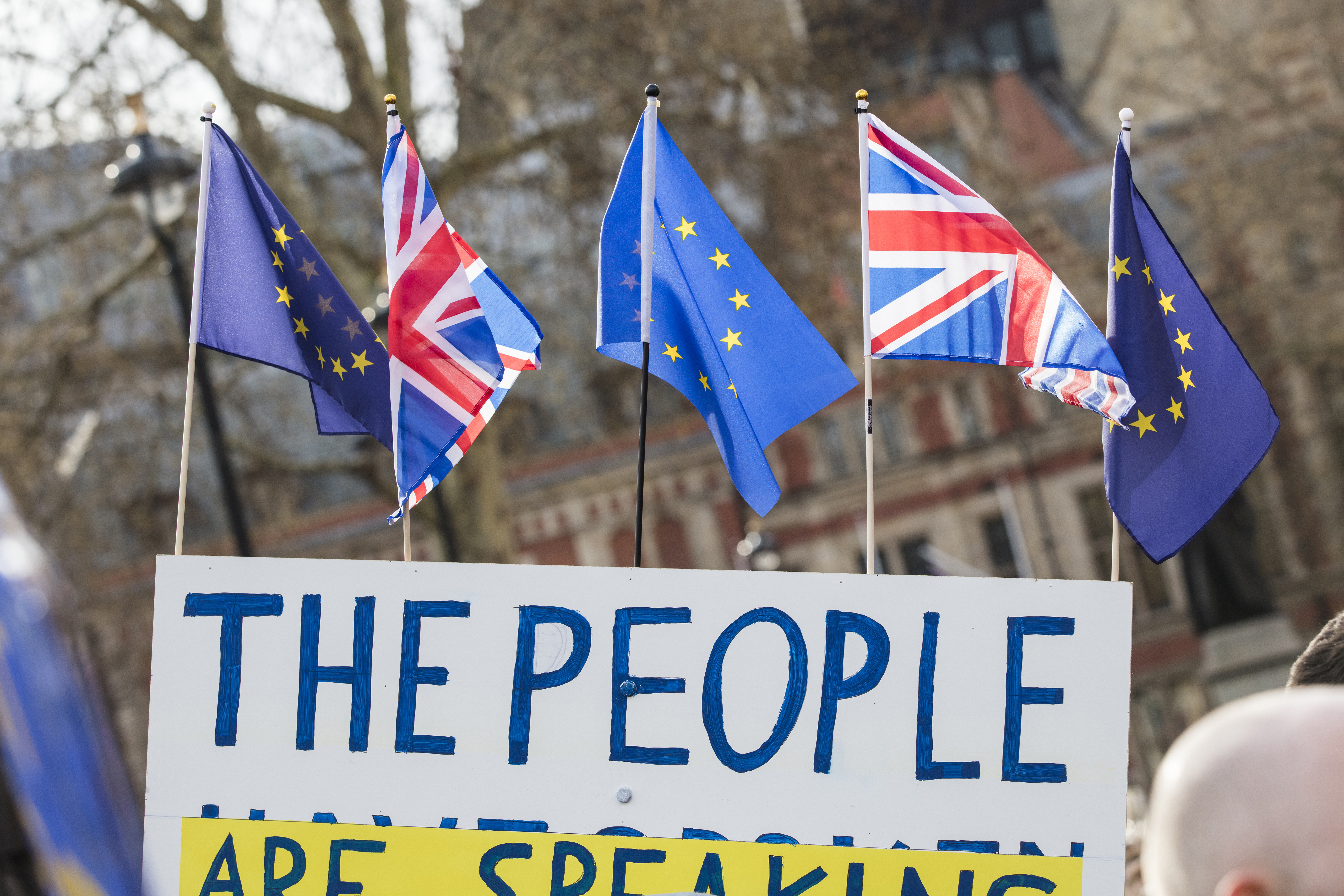



Brexit deadlock remains as new round of negotiations begin
British Prime Minister Boris Johnson will begin a fresh round of negotiations with EU leaders on 15 June, keen to finalise the future of the EU-UK relationship.However, Reuters reports that officials in Brussels expect no breakthrough in the Brexit deadlock. The UK’s Mail on Sunday reported that PM Johnson would likely use the video conference to “bang the table”, pressing the EU trading bloc to aim for an agreement by the end of the summer. UK negotiators have suggested that the EU is using the coronavirus pandemic as an excuse to drag its feet.
Officials in Brussels said the afternoon discussion with European Commission President Ursula von der Leyen and the heads of the European Council and European Parliament was a long-scheduled stock-taking exercise, not a negotiation.
“No one expects any breakthrough unless Boris Johnson decides to surprise us,” said one senior official.
“This meeting was scheduled in the withdrawal agreement, so it is happening but no one expects much.”


The UK left the EU in January and its relationship with the trading bloc is now governed by a transition agreement that keeps previous rules and regulations in place while the two sides negotiate a new agreement.
Last week, Johnson’s government confirmed that it had no intention of extending the transition period beyond the end of 2020. This has caused many to fear that a no-deal Brexit is likely. Leaving the trading bloc without a formal agreement could compound the economic damage already caused by the ongoing COVID-19 crisis.
London and Brussels remain far apart on issues such as fair competition guarantees and fishing rights.
In earlier talks this month, negotiators made little progress towards a free trade agreement, however they agreed to ramp up negotiations as the transition period progresses. The hope is that today’s talks between the UK and EU will mark a renewed political push.
One EU official said the conference would be an opportunity for the bloc’s leaders to emphasise that the insistence of their chief Brexit negotiator, Michel Barnier, on a broad deal that would keep Britain closely aligned with the EU reflected the will of all member states and not his intransigence.
Another said that despite plans to speed up negotiations, major progress was unlikely until after the summer when London would “scramble to get something done” in the eleventh hour, as it did last year to clinch a deal on its withdrawal agreement.









